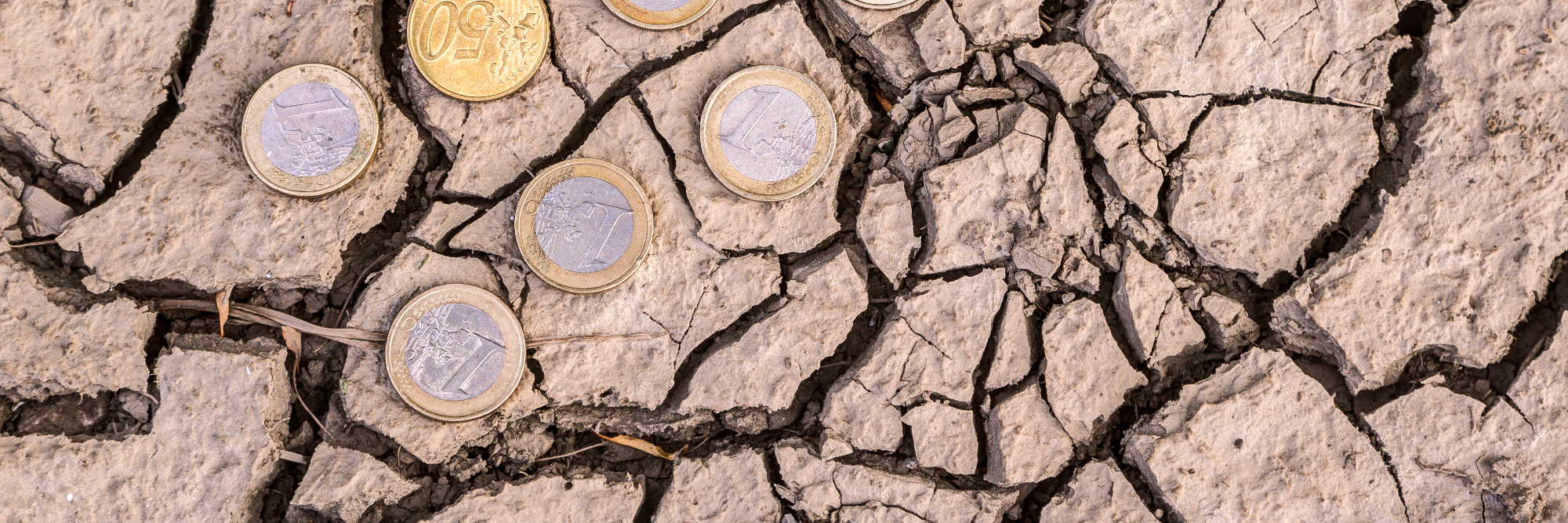The African Economic Conference 2022 kicked off on Friday in Balaclava, Mauritius, with speakers in the first plenary session calling for the continent to find alternative models of climate financing away from debt instruments.
Speaker after speaker reminded developed countries to keep their promise to help pay for the damages caused by climate change in Africa. African governments were also advised to improve their governance systems to attract private financing to mitigate against climate change.
The theme of the three-day conference is “Supporting Climate-Smart Development in Africa” and comes at a time when the continent’s challenge of climate change has been aggravated by the war in Ukraine and the Covid-19 pandemic.
“The Leadership Dialogue: Enhancing Climate Finance in Africa” brought together the African Development Bank (AfDB), the United Nations Economic Commission for Africa (ECA) and the United Nations Development Programme (UNDP) — the joint organisers of the conference.
There were concerns over the paradox of Africa - while not being a major emitter of greenhouse gases with just under 3% of total emissions, it receives little climate financing. Prof. Kevin Urama, Acting Chief Economist and Vice-President at the African Development Bank Group noted that this only gives the emitters an incentive to emit more.
The bulk of funds was instead flowing into emitting countries such as China, according to Prof. Urama.
Speakers emphasised the need for developed countries to live up to their commitments in the Paris Agreement to finance African countries for the negative effects of climate change.
They were also concerned about the debt instruments flowing into the continent, especially concessional loans which were categorized as climate financing.
“Up to 60% of climate financing coming into Africa were debt instruments. Yet African countries did not cause the climate finance problem,” said Prof. Urama, calling for a clear definition of what climate financing is.
This was echoed by Flavien Joubert, Minister of Agriculture, Climate Change and Environment for Seychelles.
“We (Africans) pay a lot of money that we give back to the donor countries,” said Joubert, noting that very little funding finds its way into projects.
Joubert added that it’s regretful that most African countries have very little control of information, actions and processes to mobilise funds, making it difficult for them to benefit from climate financing.
The plenary session also called for African countries to put in place the right conditions, which include improving their governance systems, to attract the private sector in climate financing.
Mathieu Mandeng, Chief Executive Officer of Standard Chartered Bank Mauritius Ltd, spoke of the need to have a genuine foundation of integrity, and an improving framework, which are both necessary for financiers to partake in sustainable financing.
“People must match their ambitions with their actions to get trust,” said Madeng.
He also raised the alarm over the recent phenomenon where global banks are increasingly de-risking the continent by exiting, yet the financing gap remains huge.
The disruptive impact of COVID-19, the Russia-Ukraine war, and increasing debt stocks on the continent limit the capacities of African states to meet climate finance targets. In the 2016-2019 period, Africa received only 3% of global climate finance flow, US$ 18.3 billion. This is despite initiatives such as the Adaptation Fund, the Green Climate Fund, the Global Environment Facility, and the Africa Adaptation Acceleration Program.
Joint AfDB, ECA, UNDP 2022AEC Coverage
Follow the conversation #2022AEC on Twitter
https://www.flickr.com/photos/afdbgroup/albums/72177720304336163/
Issued by:
Communications Section
Economic Commission for Africa
PO Box 3001
Addis Ababa
Ethiopia
Tel: +251 11 551 5826
E-mail: eca-info@un.org
